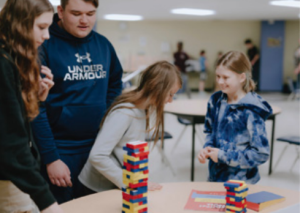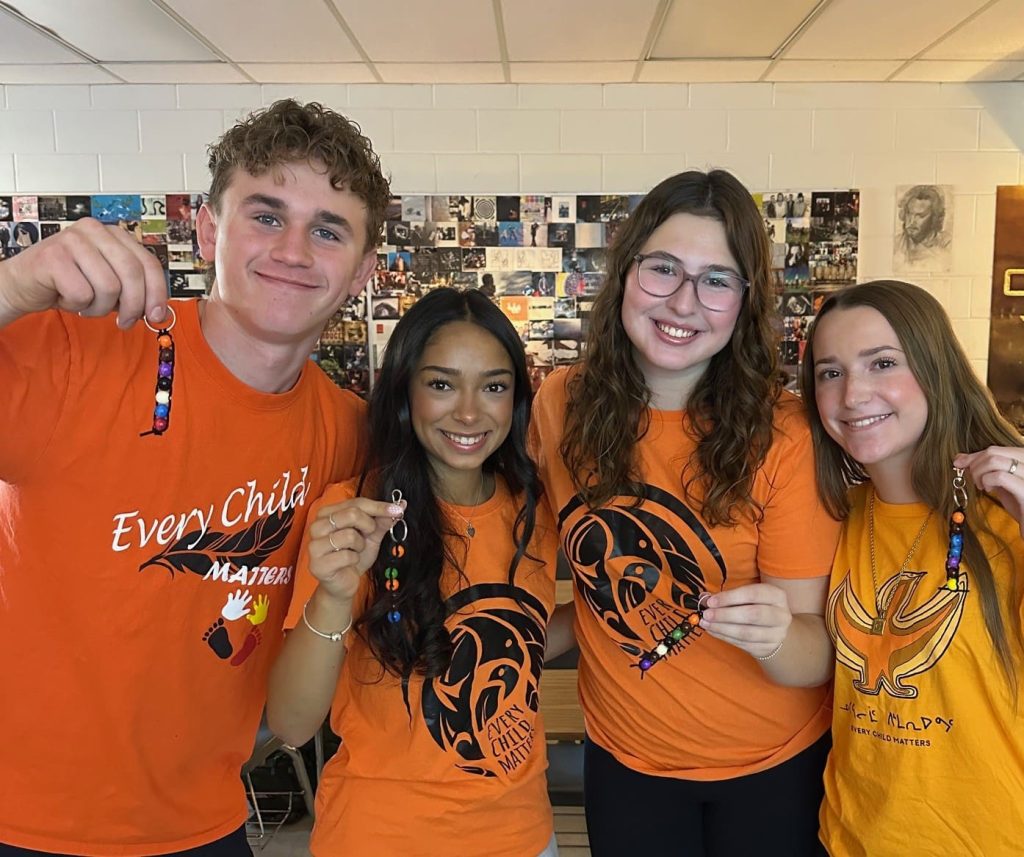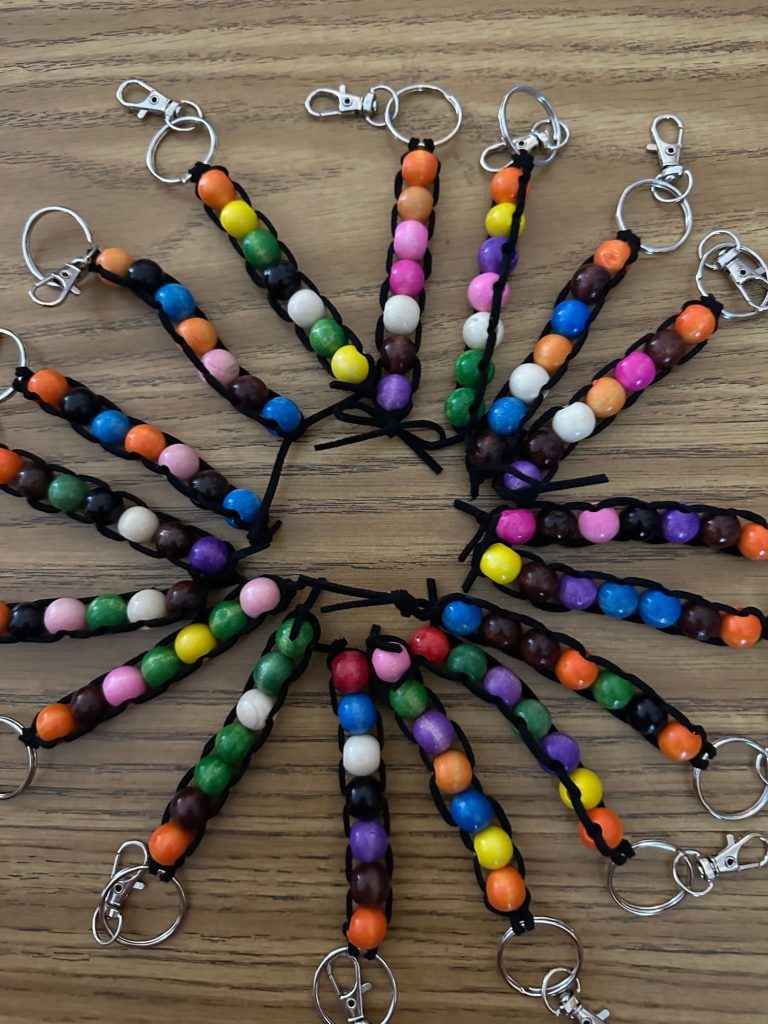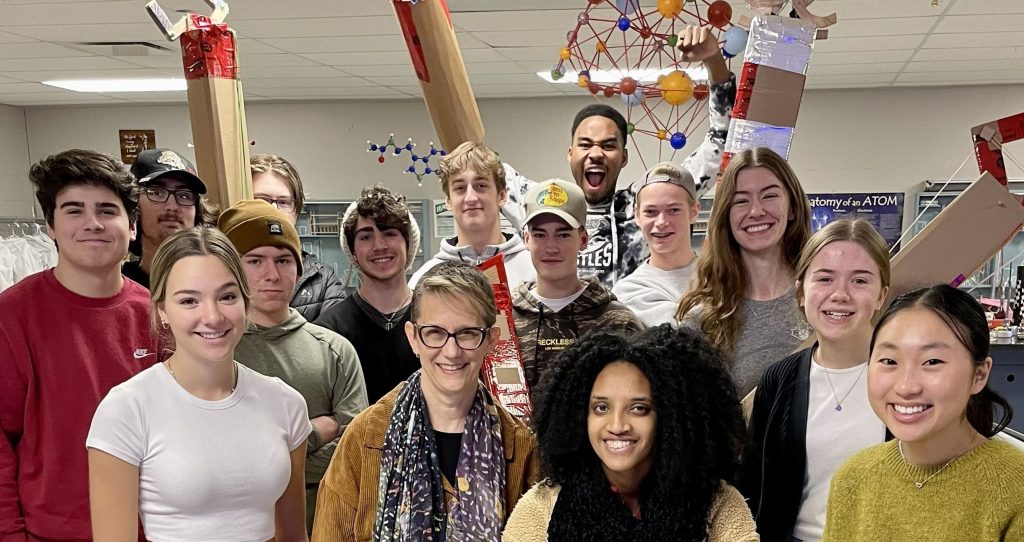
November 2025
MBCI incorporates a Project Based Learning (PBL) approach across grades and in every subject area. Projects are a student-centered, inquiry-based approach to curriculum engagement through which students apply their own curiosity and hands-on problem-solving skills to real-world questions. Learning this way helps students grow in their ability to communicate, collaborate, and think creatively and critically.
Serving Others with Our Learning
An important focus of PBL is looking at how we can incorporate service into our learning. When students serve others in some way as they are applying their own curiosity to real-world questions, it helps them practice their ability to look beyond themselves and connects their learning to the development of character and faith. Examples of how service is woven into a project include:
- Our Grade 9 Bible students engaged in a project where they learned from a local pastor who ministers in a church community that serves and supports individuals in Winnipeg who are experiencing homelessness. Students used their research to develop a non-profit concept to help those who are suffering with the aim of extending God’s Shalom.
- When our Grade 10 Science students learn about Newton’s Laws of Motion, they use these concepts to design games that demonstrate Newton’s Laws, and invite our Grade 5 students to test out their prototypes while learning at the same time. This approach builds relationships across grades and helps make learning more personal, solidifying scientific concepts in the minds of both presenters as well as the audience they’re serving.
Grade 9 Social Studies
Last year our Grade 9 students engaged in a Social Studies project focused on Truth & Reconciliation in which they were challenged to come up with ways that demonstrate commitment to reconciliation in our everyday lives. Students engaged in research and listened to Indigenous perspectives before proposing their own solutions for how to apply their knowledge. One group designed an activity of creating keychains with beads as a way of celebrating the resilience of Indigenous cultures.
When MBCI recognized National Day for Truth & Reconciliation in September, this activity became part of the learning and reflection for our whole student body. Our keychains have seven beads, representing the seven generations who experienced residential school. Seven-generational thinking is also an Indigenous concept of thinking ahead about how our actions today will affect future generations. Each key chain was first threaded with an orange bead for Orange Shirt Day and the importance of righting the wrongs of the past. Students chose their next beads by colour to represent various parts of their own identities, while reflecting on what it would feel like to have their identities forcibly taken away.
Our students continue to carry these keychains on their backpacks, binders and water bottles, serving as an everyday reminder of the work still required of each one of us toward Truth & Reconciliation.
An important focus in Project Based Learning is engaging with experts; discovering more about how questions are answered and problems are solved within the real world context.
Do you have an area of expertise and experience that you think could relate to what our students are learning in the classroom? We would love to hear from you and add you to our list of resources on which teachers can draw when connecting with experts.
Contact us at advancement@mbci.mb.ca and let us know a bit about your work, how it could relate to our learning, and if you would be willing to connect with students as part of a project.





